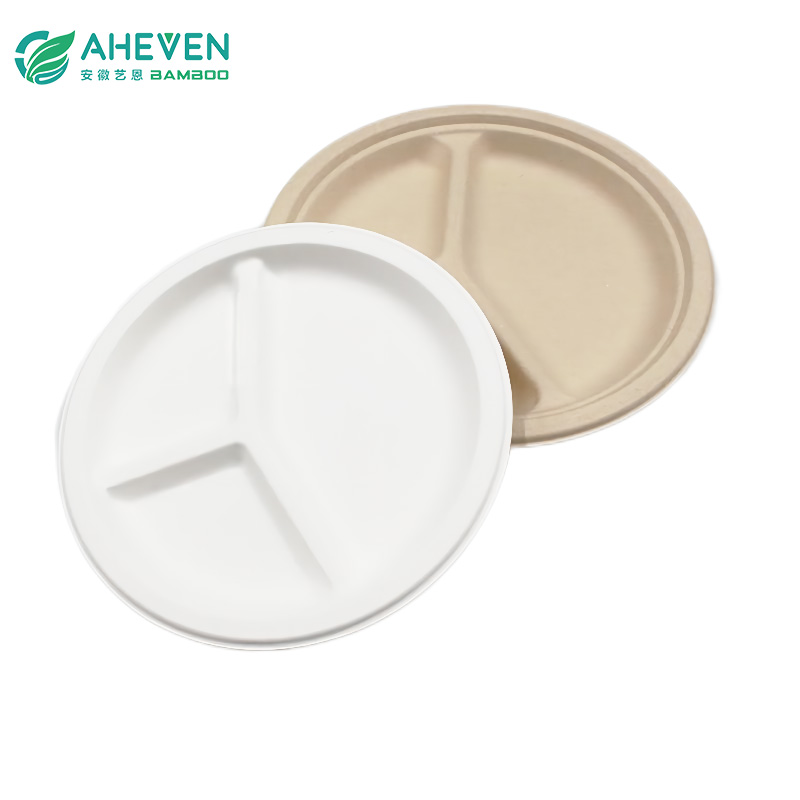If you've perused the beverage aisle of your local supermarket lately, you may have noticed that some soda bottles are sporting yellow caps instead of their usual colors. That's because the Jewish holiday of Passover is underway, and if you're a devoted foodie, you might want to grab a bottle before it disappears until next spring.
Year-round, Jewish organizations like the Orthodox Union work with companies to ensure that the food they produce meets kosher standards as detailed in the Torah and codes of Jewish law. If everything checks out, their products are certified kosher with symbols on the packaging. Bagasse Cups

This year, Passover begins on the evening of April 5 and lasts through April 13.
Jews observing the holiday of Passover refrain from eating anything categorized as chametz — leavened foods or foods with leavening ingredients made from barley, rye, oats, wheat, or spelt — for the duration of the holiday. Eastern European Jews of Ashkenazi descent (which make up about 75% of the Jewish population) also avoid another category known as kitniyot, which includes legumes and other grains like corn.
Coke actually used to be made with sucrose (made from cane or beet sugar) instead of high-fructose corn syrup, but when the switch was made, Coca-Cola sodas became off-limits on Passover.
In 1935, Rabbi Tuvia Geffen, who served as the rabbi of Atlanta's Congregation Shearith Israel for 60 years, worked with the company to reinstate a limited run of the original recipe around Passover time so that Jews observing the holiday could still enjoy it.
The caps are also stamped with "O-U-P," the Passover kosher certification symbol of the Orthodox Union.
It's not just observant Jews who are grateful for Coke without corn syrup. Purists, foodies, and hipsters who can tell the difference between the two concoctions wait all year to buy up batches of Coca-Cola with sucrose, claiming it tastes better with the original sweetener.

Sugarcane Bagasse Paper Plates Try it while it lasts!